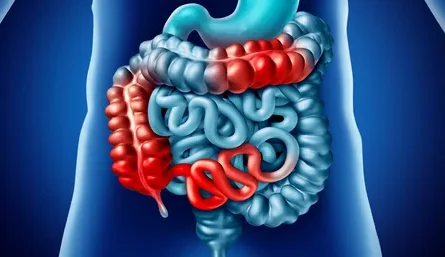Researchers at the University of Liverpool have made significant strides in understanding the role of efferocytosis in pancreatic cancer that spreads to the liver. The study, published in Nature Cancer, sheds light on the mechanisms behind liver metastasis in pancreatic ductal adenocarcinoma (PDAC) and presents a potential new therapeutic approach for those with metastatic pancreatic cancer.
Liver metastases occur in approximately 40-50% of individuals with PDAC, and current treatment options do not provide a cure for these patients. The research team, led by Professor Michael Schmid, observed high levels of immunosuppressive macrophages in PDAC metastases. Macrophages are a type of white blood cell that promotes tumor growth.
By blocking the efferocytosis pathway during early-stage metastasis, the researchers were able to prevent the immunosuppressive activity in macrophages. This restoration of T cell activation led to a reduction in metastatic tumor burden.
Professor Michael Schmid explained the significance of these findings, stating, “In pancreatic cancer, malignant tumor cells often spread to the liver. Our data show that the generation of a supportive metastatic ‘niche’ in the liver is critical for the effective outgrowth of malignant cells at the distant site.”
The study revealed that a specific type of immune cell orchestrates the formation of the metastatic niche by reprogramming other immune cells. This creates an immunosuppressed microenvironment where malignant cells can evade anti-tumor immune responses. Targeting these innate immune cells or interfering with their immunosuppressive functions could prove to be a promising therapeutic approach for patients with metastatic pancreatic cancer.
Dr. Yuliana Astuti, the first author of the study, highlighted the diversity of macrophages in pancreatic cancer liver metastases. The researchers identified coexisting macrophages with immunostimulatory and immunosuppressive features. Furthermore, they discovered that the engulfment of dead cells drives the reprogramming of macrophages towards an immunosuppressive phenotype during liver metastasis.
Professor Ainhoa Mielgo, a key contributor to the study, emphasized the need for effective therapies for patients with PDAC and liver metastasis. She said, “Pancreatic cancer is a very aggressive cancer type that often spreads to the liver. We currently have no effective therapies to cure pancreatic cancer patients that have liver metastasis. These findings are really exciting because they reveal a targetable mechanism by which pancreatic cancer cells spread and grow in the liver.”
The research was a collaborative effort involving scientists, medical oncologists, surgeons, and patients from the University of Liverpool, Cancer Research-UK Scotland Institute, the University of Glasgow, and the University of Edinburgh.
With further research and development, this newfound understanding of the role of efferocytosis in metastatic pancreatic cancer could pave the way for the development of more effective treatments and improved outcomes for patients.
*Note:
1. Source: Coherent Market Insights, Public sources, Desk research
2. We have leveraged AI tools to mine information and compile it



